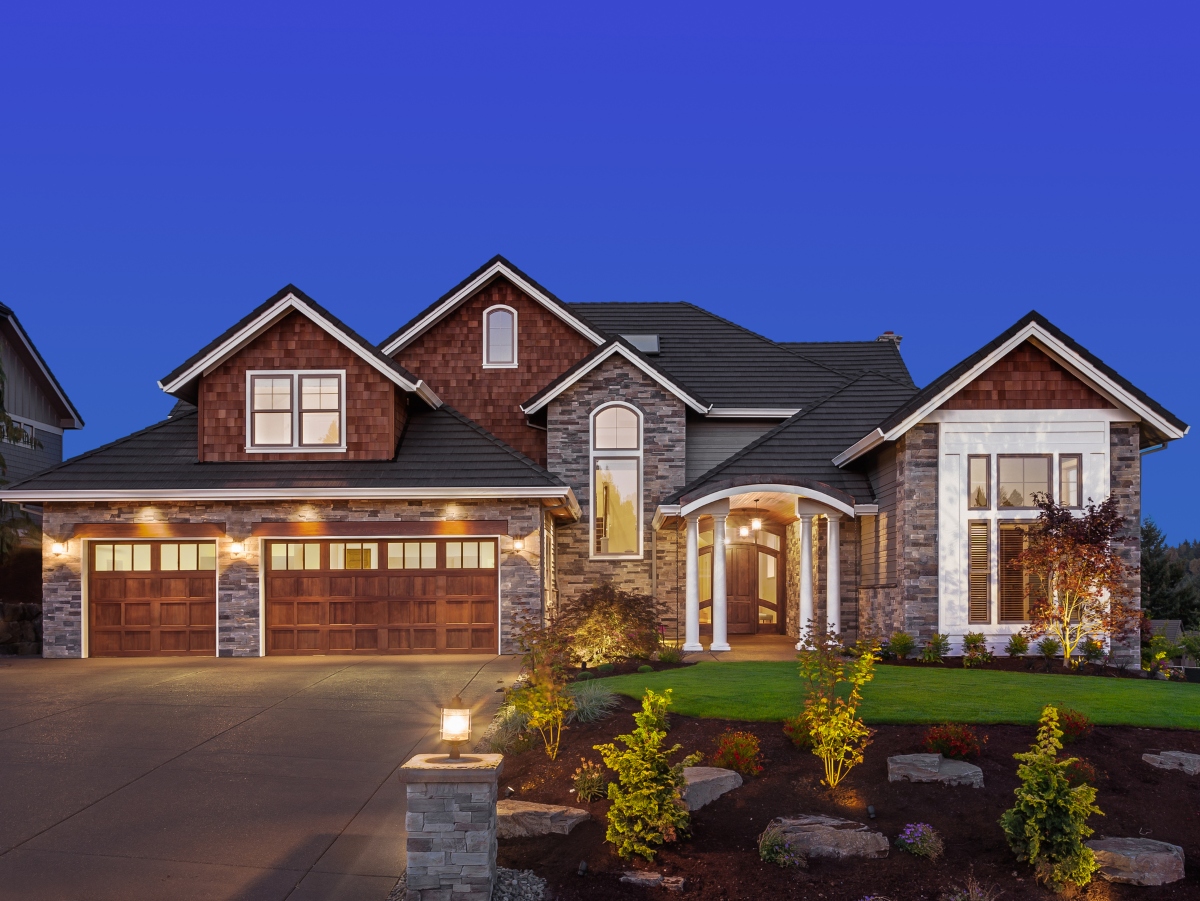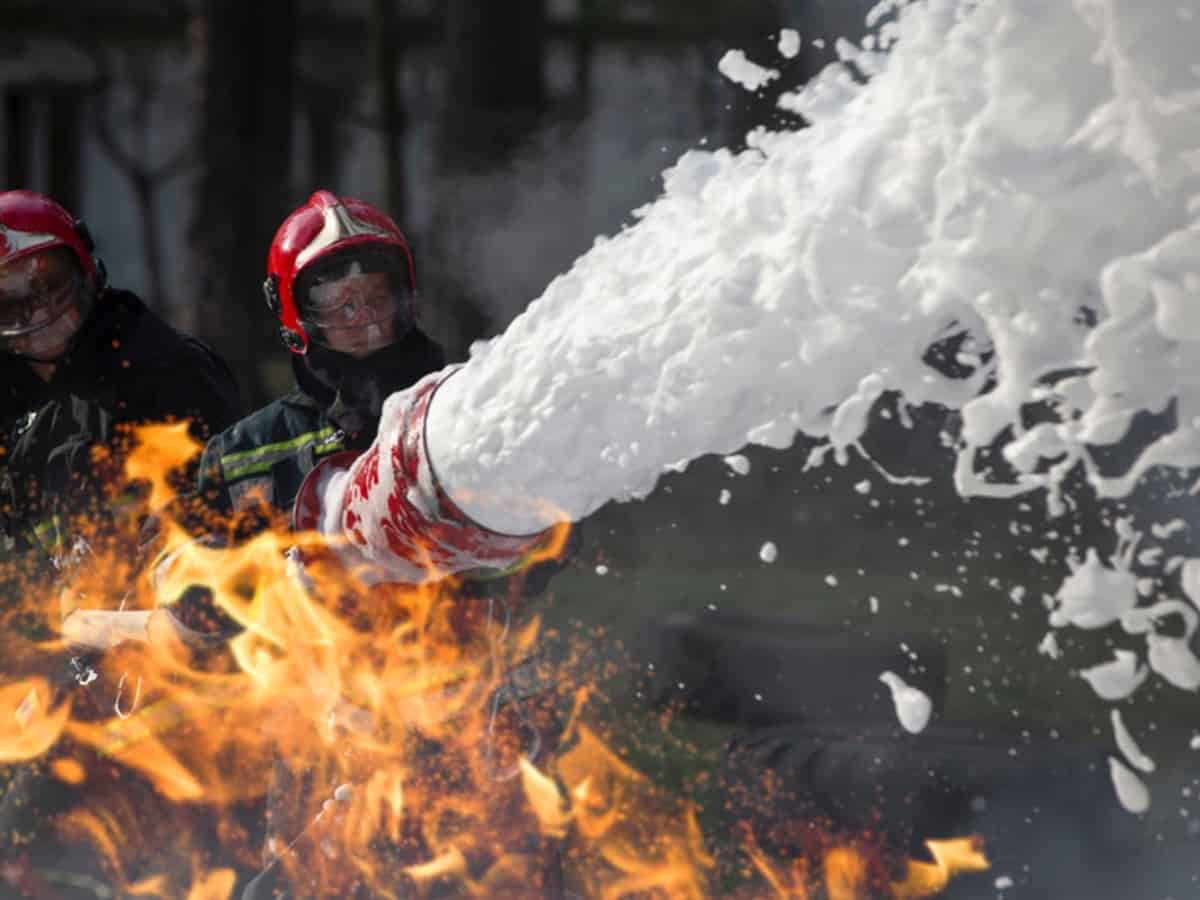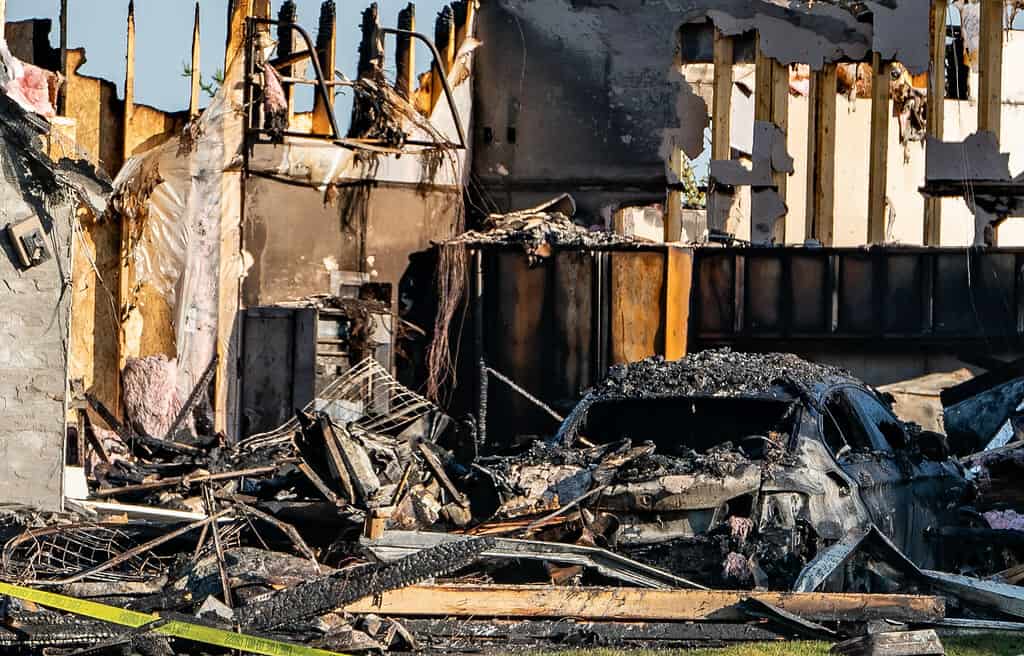The last thing a homeowner wants to experience is a house fire. Unfortunately, fires can start in homes for different reasons, such as faulty wiring or cooking accidents. Even if you do your best to prevent them from occurring, they could still happen and cause significant and costly damage. This is why it’s important to understand whether you have home insurance coverage that includes any damage caused by fires. Does home insurance cover fire damage? Learn more about whether insurance policies typically include this type of damage.
About Home Fires
How common are home fires? According to the National Fire Protection Association, fire departments in the U.S. overall respond to fires about every 24 seconds. Home fires happen at a rate of one every 93 seconds, making them common throughout the U.S.
Some other statistics to keep in mind include:
- Between 2014 and 2018, fire departments handled an average of 172,900 fires related to cooking activities. These fires led to over $1 billion in property damage per year.
- Between 2012 and 2016, electrical fires because of malfunctions or failures accounted for around 13% of all home fires. These fires accounted for the highest amount of direct property damage.
- Between 2012 and 2016, heating fires led to over $1 billion in property damage. These fires accounted for roughly 15% of all home fires during this time period.
Types of Home Insurance Coverage
What kinds of damage do homeowners’ insurance policies typically cover in terms of fires? This varies by policy, so it’s important to check yours for detailed information. In general, home insurance might include any or all of the following:
- Dwelling coverage: This kind of coverage includes your home, along with any structures that may attach to it, such as your garage. Dwelling coverage typically covers the cost of repairs, and related costs that might occur, such as hotel expenses if you’re unable to stay in your home while it’s being repaired.
- Detached structures: This kind of coverage includes structures that aren’t attached to your main dwelling (think detached garage or a shed). Detached structures might also include fences, gates, and similar structures that are damaged in a fire that occurs on your property.
- Personal property: This kind of coverage includes your personal belongings, including clothing, small and major appliances, and other items. Having this kind of coverage means your insurance company might cover all or some of the cost to replace these items or have them repaired as needed if a fire occurs.
Landscaping Coverage
Does home insurance cover fire damage that affects trees, bushes, and other kinds of landscaping on your property? Some policies include coverage for this type of damage if a fire occurs. For example, you might receive reimbursement that covers the value of a tree that is damaged or destroyed by a fire on your property.
Check your homeowner’s insurance policy details to see if it includes landscaping coverage. If you find this coverage missing, talk to your insurance agent about including this policy.

Additional Coverage
Does home insurance cover fire damage for specific items or certain types of fires? Let’s say, for example, you only have limited coverage for specific kinds of valuable items, such as jewelry or antiques. You can purchase coverage that provides additional protection for these kinds of items.
You might also need additional coverage for different fires that could affect your property. For example, you might want to look into obtaining additional coverage for wildfires if you live in an area that is at risk. This additional coverage can help protect you if your home is damaged or destroyed by a wildfire.
Types of Fire Damage That Might Not Be Covered
While home insurance usually covers many types of fire damage, some might not be included. Your homeowners’ insurance policy should provide detailed information on what you are and aren’t covering in terms of fire damage. For example, your policy might not cover damage caused by fires set on purpose rather than accidental.
Determining the Amount of Coverage You Need
How much coverage should you have for fire damage? This depends on different factors, such as how much your home is worth or how much value your personal property has. You can choose your coverage limits based on these factors and adjust them as needed. Keep in mind that your policy might include either replacement cost coverage or actual cash value for personal property.
Replacement cost coverage usually provides you with the amount needed to buy the same item at current market value. Actual cash value typically provides you with reimbursement for a damaged item’s depreciated value. Your insurance company should be able to help you accurately determine how much coverage you need for fire damage.




